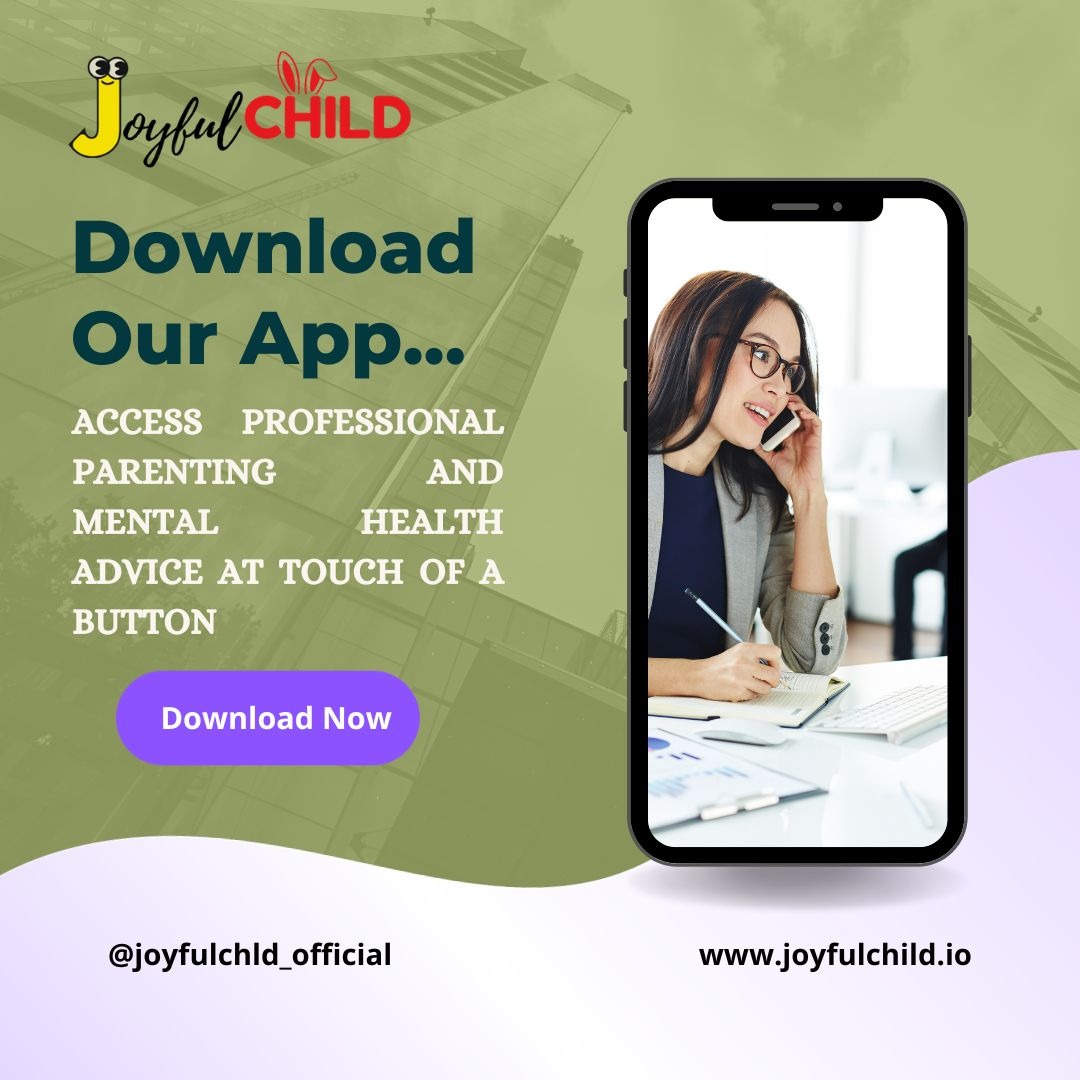There are no items in your cart
Add More
Add More
| Item Details | Price | ||
|---|---|---|---|

Adolescence is an exhilarating yet tumultuous phase, characterized by rapid changes in both body and mind. As children undergo transformations, asserting independence and exploring new identities, the complexities of this period can lead to confusion and distress. The current global scenario, marked by a chaotic and unpredictable world, sees a concerning decline in adolescent mental health. It's a trend that deeply concerns experts and parents alike.
In this challenging landscape, it's imperative for parents to play a crucial role in supporting their teens. The mental well-being of adolescents necessitates a holistic, 360-degree approach encompassing body, mind, and spirit. This involves addressing not only their physical health but also fostering open communication, understanding, and purpose in their lives. Let's delve into the essential aspects of nurturing teen mental health.
Initiating a dialogue with your teenager begins with honesty. As teens navigate their independence, maintaining open communication can be challenging. Expressing genuine concern and avoiding assumptions are key. Let your teen know that you're there to provide support and assistance.
The gift of undivided attention is invaluable. Parents should strive to respond, not react, to their teen's negative emotions. This approach encourages open conversations and builds trust, essential for addressing mental health challenges.
Keeping communication channels open is crucial. Encourage your teen to spend quality time with the family, a factor shown by researchers at Penn State University to significantly impact adolescents' psychological and social development.
Foster a growth mindset by praising effort and perseverance, rather than innate abilities. Teach your child that failures are opportunities to learn and grow. A growth mindset enhances resilience and self-confidence.
Parents should initiate responsible discussions on topics like sex and substance abuse, sharing personal experiences to make conversations more authentic. This approach promotes responsible choices and healthy behaviors.
Fostering autonomy involves providing information, demonstrating the implications of choices, and assuring emotional support. Empower your teen to make decisions while emphasizing realistic expectations.
A healthy mind relies on a healthy body. Adolescence is a period of rapid growth, necessitating energy-dense and protein-rich foods. Include a variety of protein sources, complex carbs, and plenty of fruits and vegetables in their diet.
Physical activity is crucial for mental health. Encourage outdoor activities, team sports, and establish a bedtime routine to ensure adequate rest, addressing the link between sleep and mental well-being.
Positive social relationships are vital for teenagers. Encourage friendships as they provide a sense of belonging and acceptance, contributing to emotional well-being and the development of essential life skills.
Adolescence is a time of self-discovery. Support your teen in finding a purpose, whether it's related to environmental causes, public health, or artistic pursuits. Research indicates that having a purpose is linked to longevity and better health.
Parents play a pivotal role in teaching children the fundamentals of genuine happiness. Emphasize that lasting joy comes from being healthy in body and mind, contributing to the community, and living in harmony with nature.In conclusion, nurturing teen mental health requires a multifaceted approach. By fostering open communication, supporting physical health, cultivating social connections, and guiding them towards purposeful living, parents can significantly contribute to the well-being of their adolescents. It's a collective effort involving schools, governments, and communities to ensure a brighter and healthier future for the next generation.


Ritu - RCI Registered Child Psychologist
Founder Joyful Child